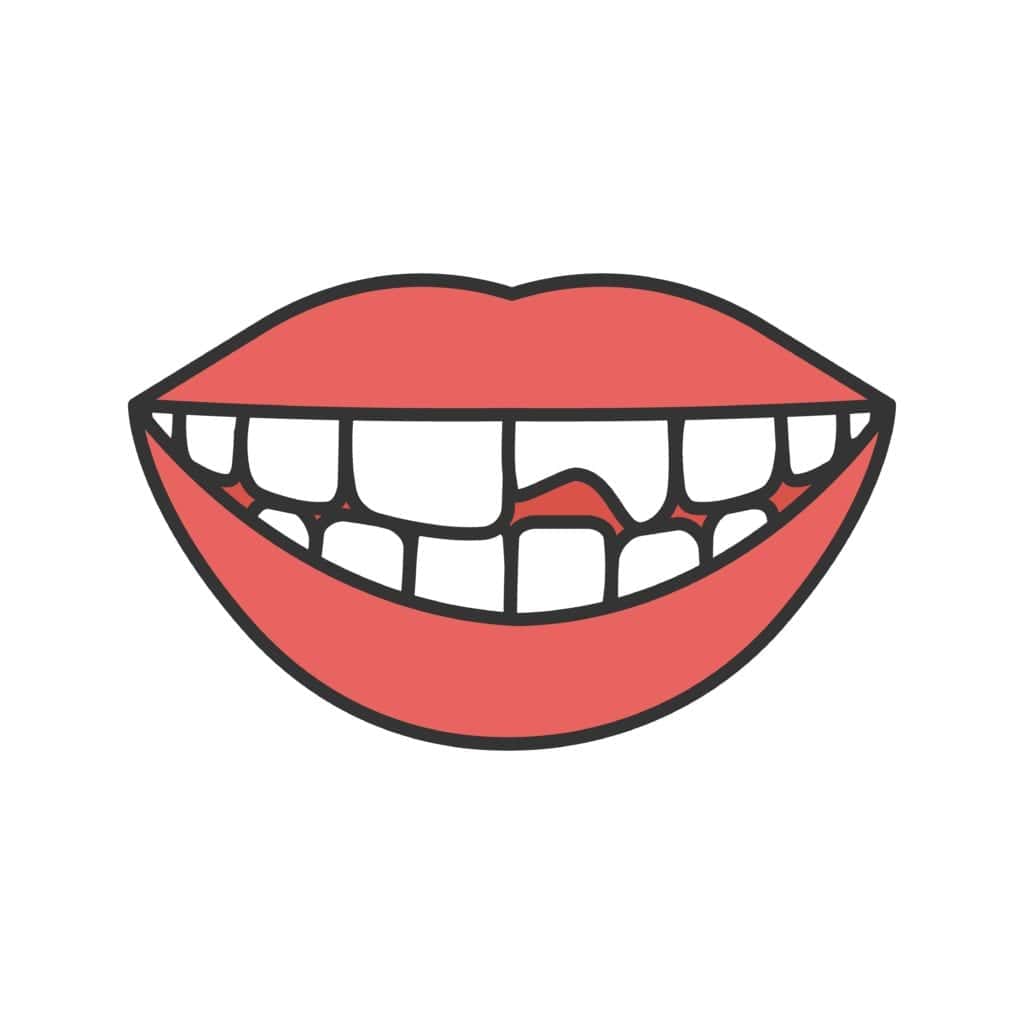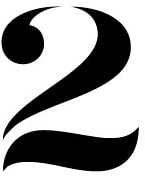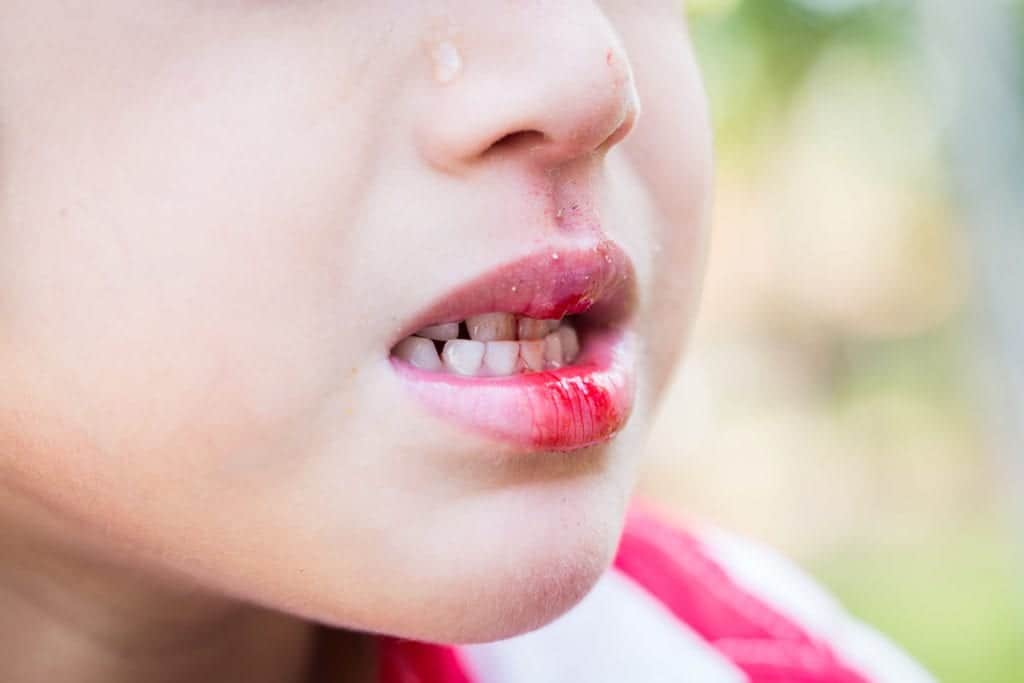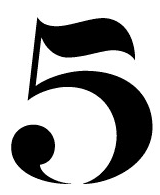When you stumble, fall, and sprain an ankle, you go to the emergency room for help. But, when you stumble, fall, and chip a tooth, where do you go then? Fact is, dental emergencies can occur just as unexpectedly as other types of emergencies. In most cases, dental emergencies call for a trip to your local dentist’s office for emergency dental care. Most emergency dental offices set aside time in their schedule for dental emergencies, and some even offer after hours care.
So, how do you know if you need emergency dental care or simply a dental appointment? To help answer this question, here are five types of dental emergencies:

Tooth Pain
Tooth pain that comes on suddenly, is severe, or continues to get worse can be a symptom of a larger problem that needs to be quickly taken care of. Tooth pain can be the result of something becoming lodged between two teeth or it can be a sign of a pulp infection. When experiencing tooth pain, you should floss your teeth in an attempt to dislodge any debris that may be stuck. If something does appear to be stuck, never use sharp objects to remove it. With any kind of tooth pain, you should schedule an appointment with your dentist, however severe, sudden, or persisting pain may require an emergency dental appointment.


Damaged Teeth
Although enamel is one of the strongest substances in the human body, it is still susceptible to damage. The most common forms of tooth damage are chips and cracks in the enamel. Damaged teeth can be the result of an accident, impact, biting down on hard objects, or using teeth for other functions besides chewing and biting. Teeth that have been weakened by decay are especially prone to becoming cracked or chipped. If a tooth has become chipped, it is important to locate any fragments and preserve them in a cloth soaked with milk or water until your emergency dental appointment.

Loose or Knocked Out Teeth
Some accidents can cause teeth to either become loose or get knocked out of the mouth entirely. For the best treatment outcomes, both cases call for immediate emergency dental care. With a loose tooth, gently bite down to hold the tooth in place until you can be seen by an emergency dentist. With teeth that have been knocked out, it is important to locate the tooth and handle it only by its crown. The crown is the part of the tooth that is normally visible above the gum line. Any tissue lost with the tooth should be preserved and the tooth should be rinsed. While waiting to see an emergency dentist, the tooth can either be returned to its socket and gently bitten down on to hold it in place, or it can be stored in a glass of milk or water.


Soft Tissue Trauma
Oral soft tissues such as the gums, tongue, cheeks, and lips can be affected by dental emergencies such as lacerations, tears, and punctures. Depending on the location and type of soft tissue injury, your emergency dentist may ask to see you or may refer you to your local emergency room. In the meantime, it is important to flush the area with warm water and use firm pressure to stop any bleeding.

Missing Dental Restoration
In some cases, a dental emergency can simply be a dental restoration that has become loose or that has fallen off entirely. For permanent restorations, you will need to schedule an emergency dental appointment and bring your restoration. If a temporary restoration is lost, it can usually be held in place by Vaseline, chapstick, or denture adhesive. Even temporary restorations need to be replaced by an emergency dentist to ensure the proper amount of space is preserved for the permanent restoration.
Toothaches, damaged teeth, loose or knocked out teeth, soft tissue trauma, and missing dental restorations are all different types of dental emergencies that often occur. When such emergencies happen, it is important to call your emergency dentists as soon as possible to set up a time for emergency dental care. With most dental emergencies, the sooner you call, the sooner your symptoms can be relieved and the better the treatment outcome.

Dr. Dennis Laurich has been practicing dentistry for over 40 years. He received his DDS degree from the University of Michigan Dental School and regularly attends oral health care conventions to continue his dental education. This allows him to treat patients with the leading dental technology and methodologies. Additionally, he is a member of the American Dental Association, Michigan Dental Association, and the Detroit District Dental Society.




